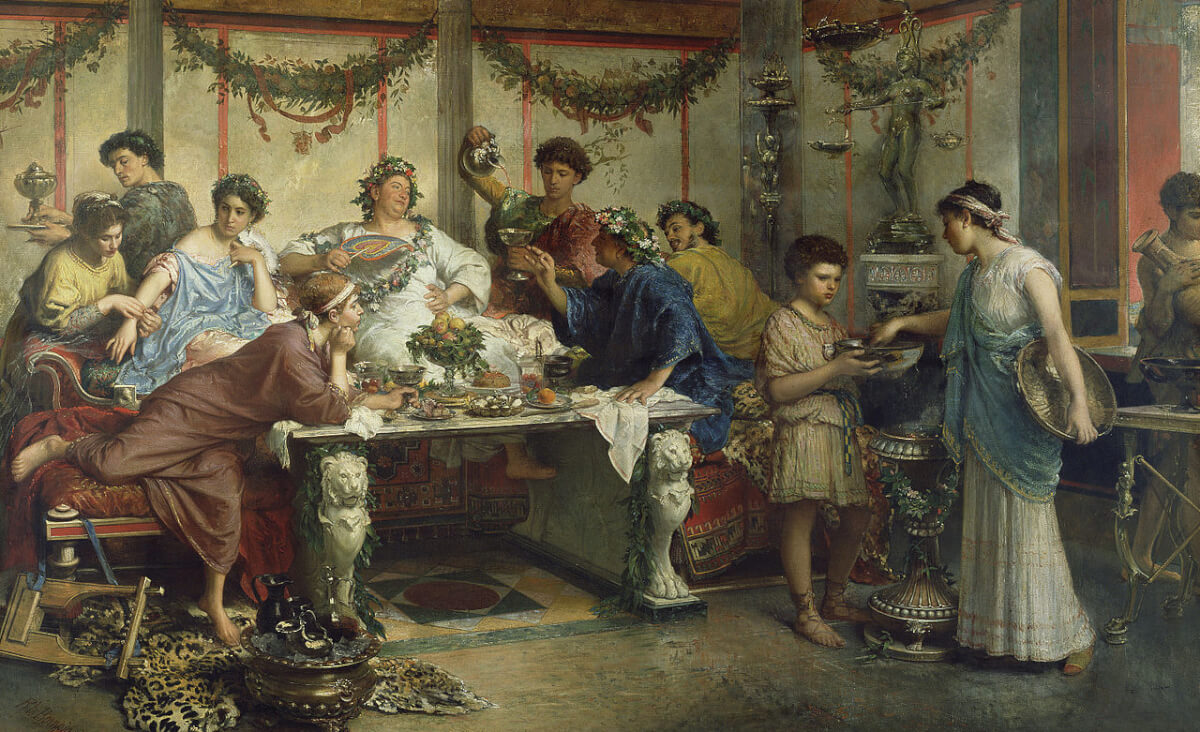
Historians debate the origins of April Fool’s Day, with three possible explanations. Which of the following are real; which three are actual theories for the holiday’s origin?
- In 1582, France switched from the Julian to the Gregorian calendar, which moved New Year’s Day from March to January. People who still celebrated in March were mocked as fools.
- In 1319, authorities in Dresden and the surrounding German towns executed nearly 700 Jews and lepers, after a teenage boy claimed the two groups had plotted to poison the wells. On April 6 of 1322, the boy admitted that he had fabricated the claim.
- Ancient Romans celebrated Hilaria on the vernal equinox, in late March, to honor mother goddess Cybele. The ritual included dressing up in disguises.
- The pre-Christian Anglo-Saxons worshipped a trickster god named Lôgna – their version of the Norse god Loki – and they celebrated his holiday in early April.
- Mother Nature often “fooled” ancient and medieval people in the northern hemisphere around the time of the vernal equinox, in late March, through shifting weather patterns that rarely seemed to match the season.
- During the 1490’s, a Dutch tradesman named Willem Cruyff claimed to be the true duke of Burgundy and attracted a following with promises of tax relief. Authorities executed him on March 31 or April 1 of 1497, along with six of the “fools” who followed him.
Check back next week, on April 8, for the correct answers!
(Using search engines would be cheating!)

0 Comments